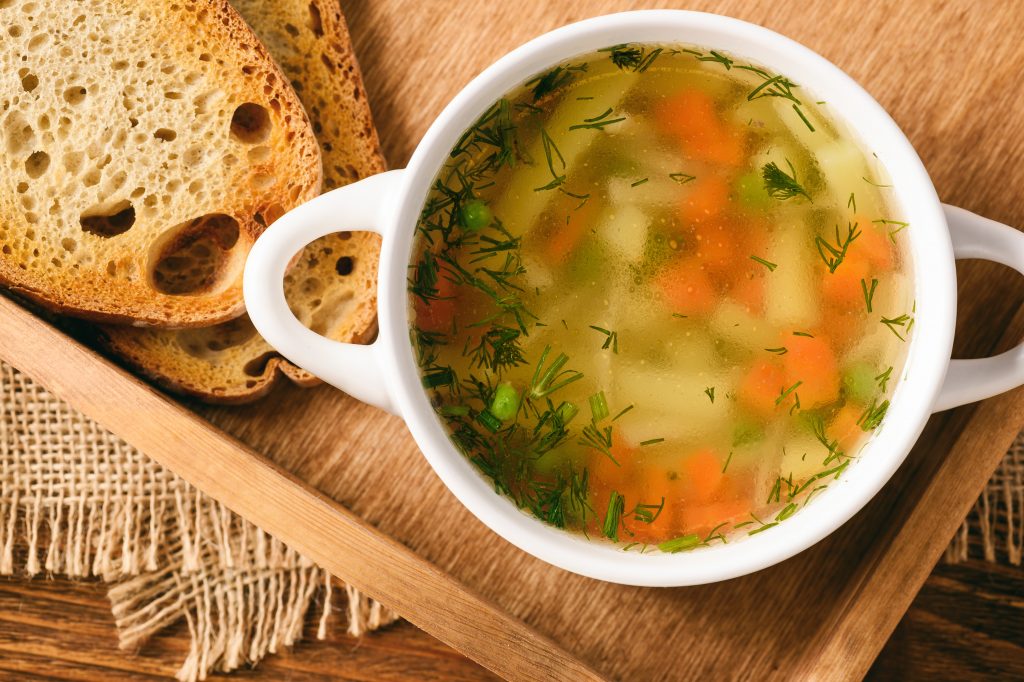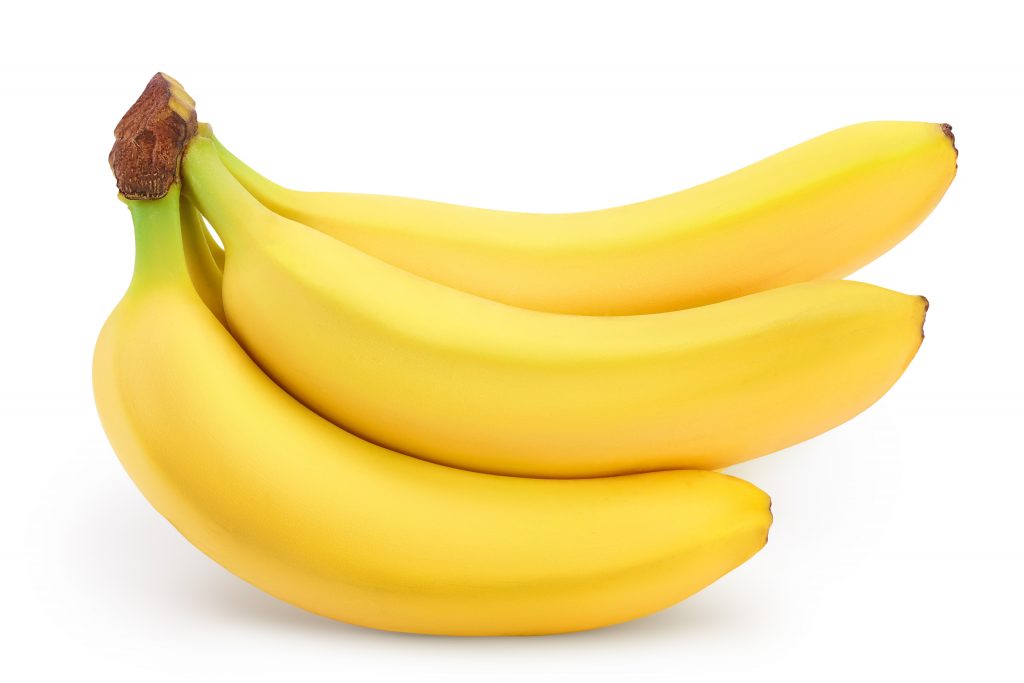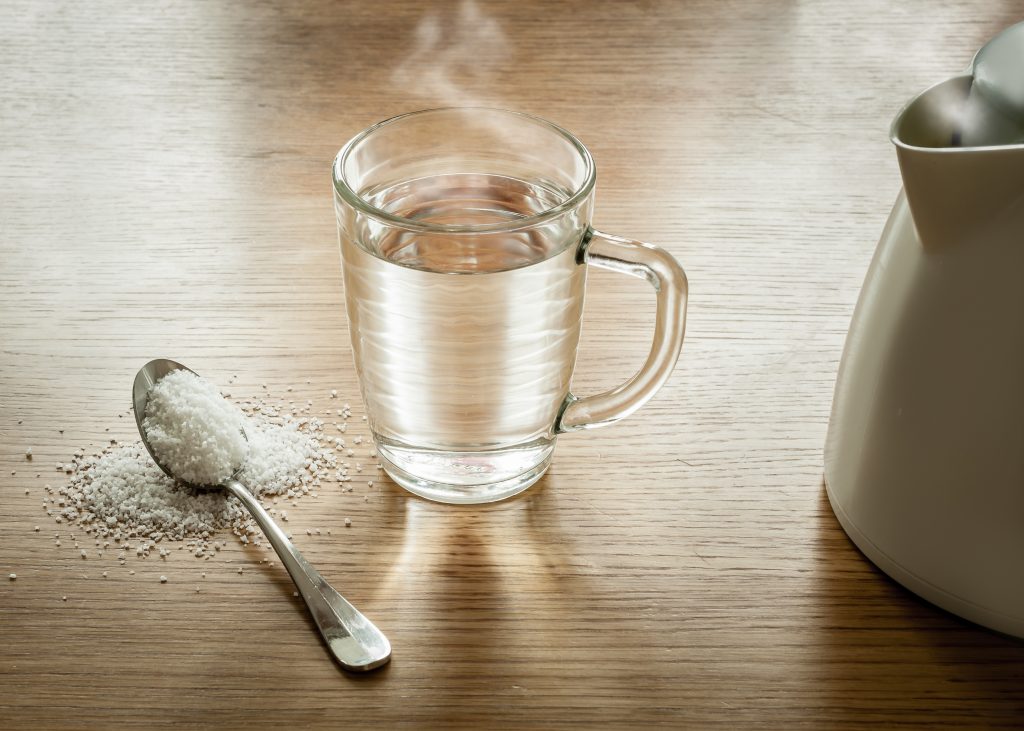January 20, 2022
10 Foods To Eat With a Sore Throat
 A sore throat can often ruin your appetite, as it can cause pain and discomfort when you chew and swallow certain foods. Fortunately, there are foods you can eat that are not only soothing to the throat but also contain nutrients that can make your pain go away faster.
A sore throat can often ruin your appetite, as it can cause pain and discomfort when you chew and swallow certain foods. Fortunately, there are foods you can eat that are not only soothing to the throat but also contain nutrients that can make your pain go away faster.
Here’s what to eat when you have a sore throat, and how to contact a doctor if you frequently suffer from a sore throat.
10 Best Things To Eat With a Sore Throat
The best foods to eat with a sore throat are usually soft, easy to chew, and warm enough to reduce your pain and discomfort.
1. Honey
Honey is a natural antibacterial agent that can reduce pain and inflammation in your throat. It can also help wounds heal more quickly if your pain is being caused by scratched and open sores in your throat.
2. Ginger
Ginger is another natural antibacterial agent that can fight pain and inflammation caused by a sore throat. It’s also an antioxidant that protects against bacteria and other pathogens that contribute to a sore throat. Drink ginger tea or eat fresh ginger with warm rice or quinoa to soothe a sore throat.
3. Oatmeal
Oats are a healthy whole grain loaded with antioxidants, zinc, and magnesium. They are also high in fiber. All these nutrients can help eliminate the agents from your body that may be causing a sore throat. Oatmeal can be served warm and has a soft texture that makes it easy to swallow when you have a sore throat.
4. Yogurt
Yogurt is a natural probiotic that can clear bacteria from your gut and protect your immune system. It’s also soothing and easy to swallow when you have a sore throat. Make sure you buy yogurt without added sugars, as sugar can irritate your throat. Consider adding soft fruits to plain yogurt to boost its flavor.
5. Broth and Soups
Chicken and vegetable broths and soups are loaded with nutrients and anti-inflammatory ingredients that can soothe and heal a sore throat. Broths and soups boost your immune system and go down easily when your throat feels raw and scratchy. Make homemade chicken soup, or buy brands that lack sodium and additives that can weaken your immune system.
6. Eggs
Zinc, selenium, iron, vitamin B12, and vitamin D are some of the many nutrients in eggs that can combat and relieve a sore throat. Consider making scrambled eggs, which are warm, soft, and easy to chew and swallow.
7. Mashed Potatoes
Potatoes are loaded with potassium, magnesium, B vitamins, and many other nutrients and antioxidants that can boost your immune system and help you get over a sore throat. Potatoes are also high in fiber to promote healthy bowel movements. Mashed potatoes can feel warm and soothing on your throat when it’s feeling sore and inflamed.
8. Pomegranate Juice
Pomegranate is a known for having high amounts of vitamin C and antioxidants that can help you quickly recover from a sore throat. The seeds in pomegranate have also been found to reduce swelling. When buying pomegranate juice, read the ingredients label to make sure it’s pure and doesn’t contain sugar.
9. Bananas
Potassium, vitamin C, and vitamin B6 are some of the many nutrients in bananas that can help heal and soothe a sore throat. Plus, bananas are soft and can be mashed so they glide easily down your throat. Add mashed bananas to yogurt or oatmeal to boost the flavor of these foods and experience relief from throat pain.
10. Turmeric
Turmeric is a powerful antioxidant that can greatly reduce swelling and inflammation, including in your throat. Drink turmeric herbal tea or add ground turmeric to mashed potatoes, soups, and any other foods you plan on eating while recovering from a sore throat.
Foods To Avoid When You Have a Sore Throat
Avoid all foods with inflammatory properties when you have a sore throat. Inflammatory foods can often make your sore throat worse and delay your body’s natural healing process. Sugary foods, fatty foods, acidic foods, and alcohol are some food groups to avoid when you have a sore throat.
Refrain from eating the following foods until after your sore throat has healed:
- Red meats
- Cow’s milk products (cheese, ice cream, sour cream)
- Fried foods
- Baked sweets (cookies, cakes, brownies)
- Sodas
- Alcohol
- Coffee
- Tomatoes
- Citrus fruits (oranges, grapefruit, lemons)
- Spicy foods (hot sauce, chili powder)
- Rough-textured foods (crackers, raw vegetables, dry toast)
Other At-Home Remedies For a Sore Throat
Eating healthy, soothing foods is just one way to relieve a sore throat. However, there are many other ways to treat a sore throat at home without having to use over-the-counter medicines.
Effective at-home remedies for a sore throat include:
 Gargling with warm salt water, which can help kill bacteria in the throat.
Gargling with warm salt water, which can help kill bacteria in the throat.- Drinking chamomile tea, which has natural antioxidative, anti-inflammatory, and antibacterial properties.
- Adding a few drops of peppermint essential oil to the toothpaste on your toothbrush.
- Drinking fenugreek tea, which reduces pain, inflammation, and irritation in the throat.
- Drinking tea blends that contain licorice root (unless you are pregnant or breastfeeding).
- Gargling with or drinking apple cider vinegar, can loosen mucus in the throat and eliminate bacteria.
- Using a humidifier, which adds moisture back into the air to improve dryness that may be causing a sore throat.
What To Do If You Frequently Get a Sore Throat
If you frequently suffer from a sore throat, make an appointment with your doctor. Your doctor can examine you to figure out why you keep having sore throats. Your doctor can also talk to you in more detail about what to eat with a sore throat.
Healthcare Associates of Texas is home to a large team of board-certified medical professionals who can work with you to diagnose and treat underlying health problems that may be causing you to have a sore throat. Visit our website today to find the nearest location and request an appointment.
DISCLAIMER
The information featured in this site is general in nature. The site provides health information designed to complement your personal health management. It does not provide medical advice or health services and is not meant to replace professional advice or imply coverage of specific clinical services or products. The inclusion of links to other web sites does not imply any endorsement of the material on such websites.